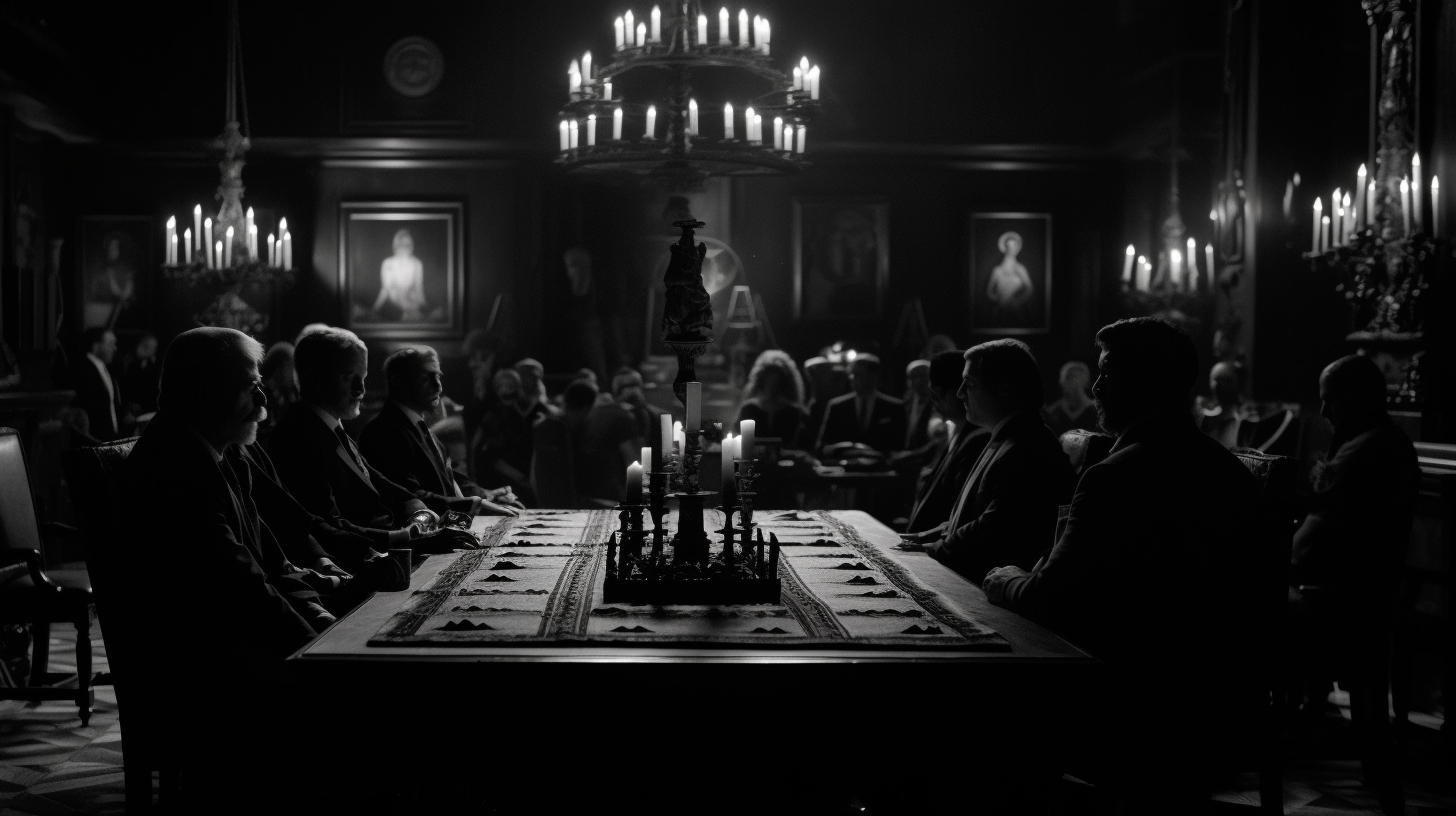The New World Order (NWO) is a popular conspiracy theory that posits the existence of a secret, powerful group seeking to establish a single, global government. While the concept of the NWO has evolved over time and has been linked to various organizations and figures, its roots can be traced back to centuries-old ideas and fears about global control. This article aims to explore the complex history and origins of the New World Order conspiracy theory, shedding light on its development and impact on society.
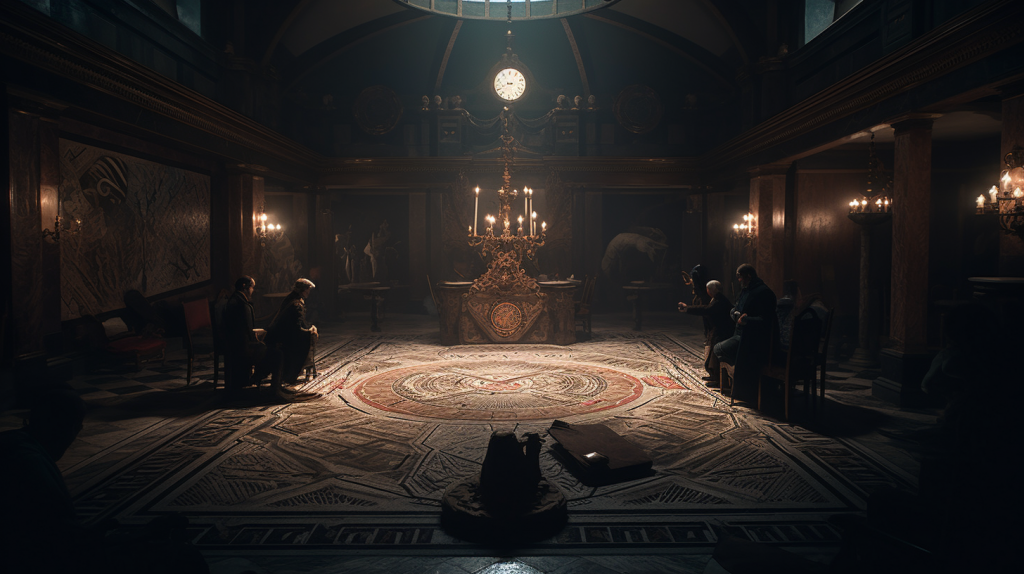
The Roots of the New World Order
The concept of a single, global government is not new, and its origins can be traced back to ancient civilizations, including the Roman Empire and its dream of a unified world under its rule. However, the modern concept of the New World Order began to take shape in the late 18th and early 19th centuries, with the rise of secret societies like the Illuminati and the Freemasons.
The Illuminati, founded in 1776 by Adam Weishaupt, was a secret society that sought to promote Enlightenment ideals and oppose religious and political oppression. Although the group was disbanded in 1785, its short existence left a lasting impact, with many conspiracy theories suggesting that the Illuminati went underground and continued to work toward world domination.
Similarly, the Freemasons, a fraternal organization with roots dating back to the Middle Ages, has long been the subject of conspiracy theories. The secretive nature of the group and its rituals, along with its influential members, has fueled suspicions of its involvement in a global conspiracy to control world affairs.
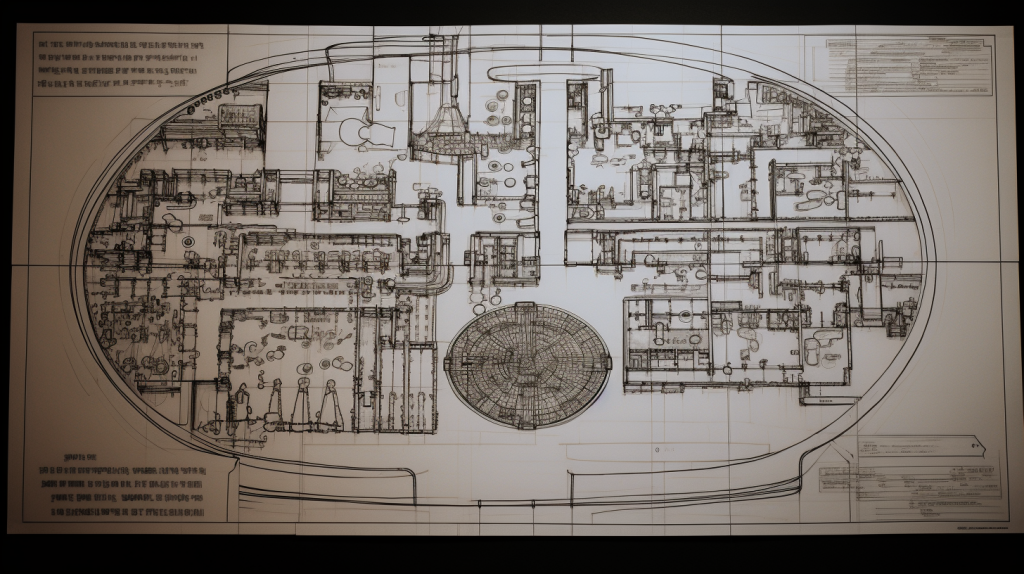
The 20th Century and the Rise of the New World Order Theory
During the 20th century, the idea of the New World Order gained traction, fueled by significant global events and the influence of key figures. The formation of international organizations, such as the League of Nations and the United Nations, created concerns that these institutions were stepping stones toward a centralized world government.
In addition, the growing influence of wealthy and powerful individuals, like the Rothschild family and the Rockefeller dynasty, further fueled conspiracy theories about a secret cabal of elites working to control the world. These fears were exacerbated by the rise of globalization and the increasing interconnectedness of nations, which many saw as evidence of a coordinated effort to create a one-world government.
Key Figures and Organizations in the New World Order Conspiracy
Throughout the years, various individuals and organizations have been implicated in the New World Order conspiracy theory. Some of the most notable figures and groups include:
- The Illuminati: As mentioned earlier, the Illuminati’s brief existence and its alleged underground activities have made it a central player in the NWO conspiracy theory.
- The Freemasons: The secretive nature of the Freemasons and their influential membership have long fueled suspicions of their involvement in a global conspiracy.
- The Bilderberg Group: An annual conference of influential politicians, business leaders, and academics, the Bilderberg Group has been accused of secretly plotting global domination.
- The Council on Foreign Relations: This American think tank, comprised of prominent foreign policy experts, has been accused of pushing for a global government and undermining national sovereignty.
- The Trilateral Commission: Established in 1973, this organization seeks to foster cooperation between North America, Europe, and Asia. Its elite membership and closed-door meetings have made it a target for NWO conspiracy theorists.
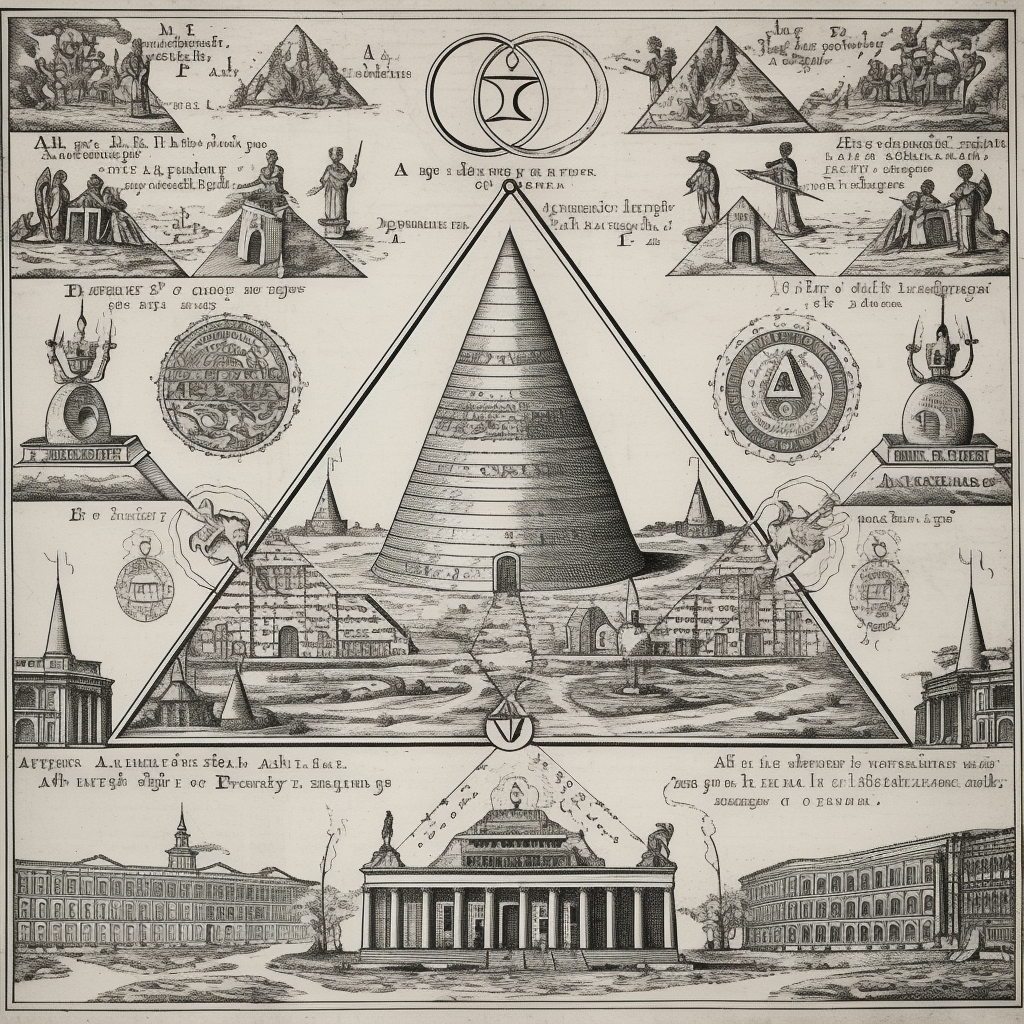
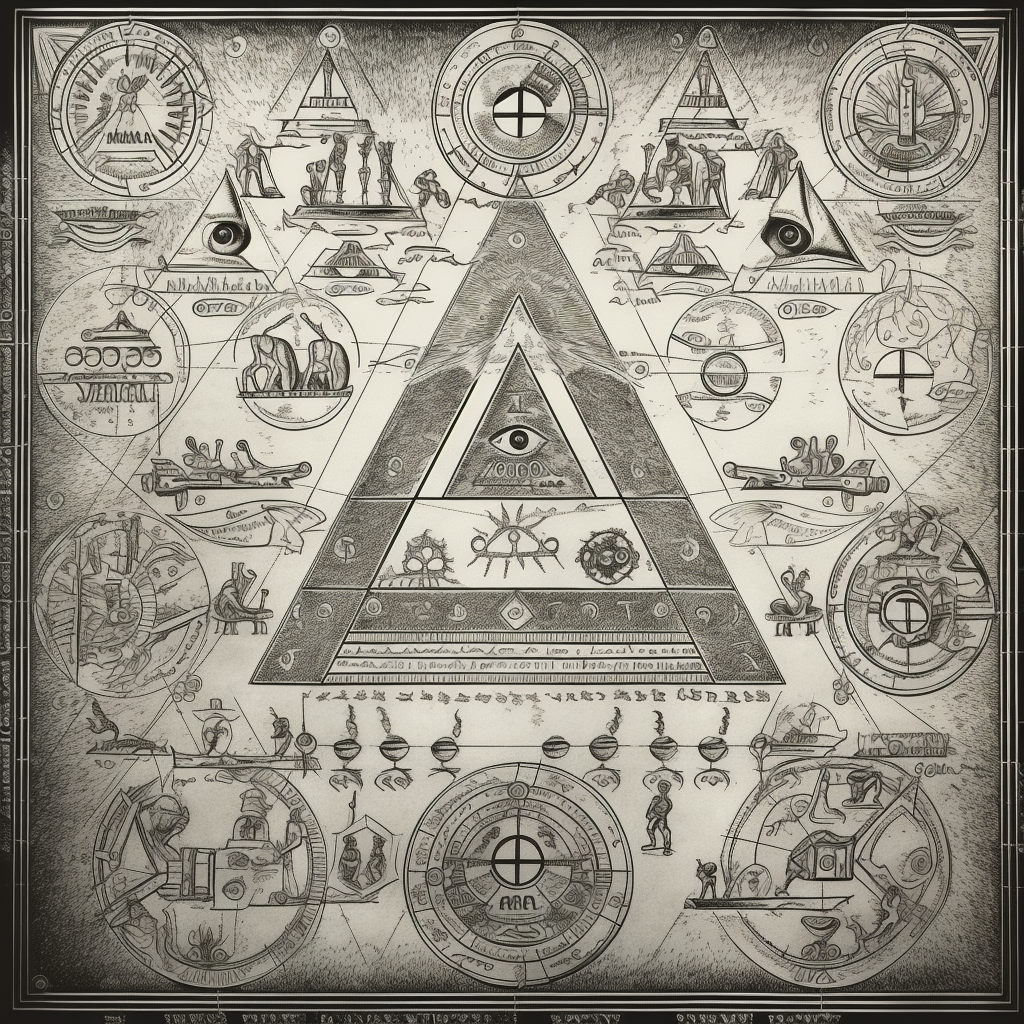
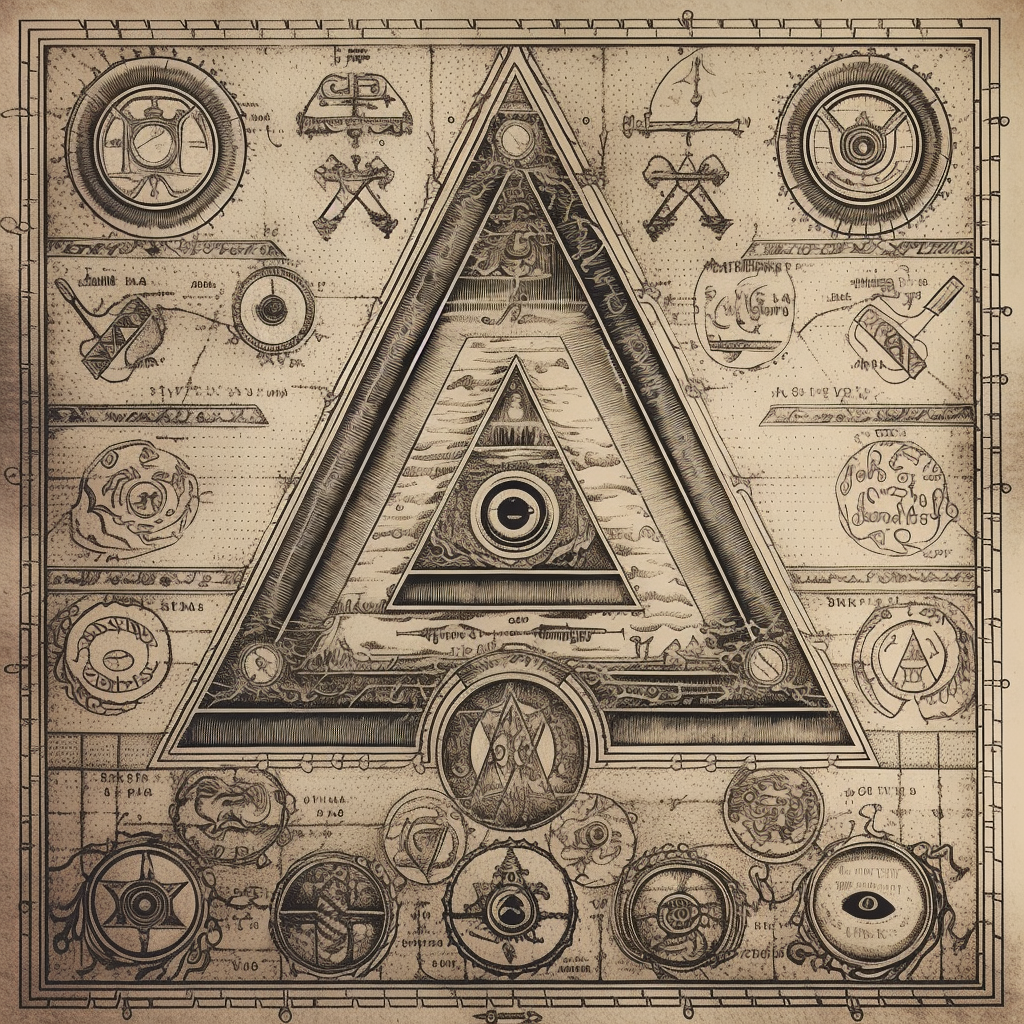
The Impact of the New World Order Conspiracy Theory
The New World Order conspiracy theory has significantly impacted society and politics, with many individuals and groups using it to advance their agendas. In some cases, the theory has been used to promote nationalism and anti-globalization sentiments, with opponents arguing that the NWO is a threat to national sovereignty and cultural identity.
The conspiracy theory has also been used to fuel distrust in government institutions and international organizations. Many believers argue that these entities are puppets of the NWO, working to undermine democracy and individual freedoms. This suspicion can lead to political polarization and the erosion of public trust in established institutions.
Moreover, the NWO conspiracy theory has influenced popular culture, with numerous books, films, and television shows exploring the concept of a secret cabal of elites controlling world affairs. This widespread exposure has further entrenched the idea of the New World Order in the public consciousness, making it an enduring and pervasive conspiracy theory.
Critics and Debunking the New World Order Theory
Critics of the New World Order conspiracy theory argue that it is based on unfounded fears and a misunderstanding of the complexities of global politics. They point out that many of the organizations and individuals implicated in the conspiracy are, in fact, working to address global challenges and promote international cooperation, rather than pursuing world domination.
Furthermore, critics argue that the notion of a single, centralized global government is highly unrealistic, given the diverse interests and goals of various nations and political factions. They also contend that globalization and interconnectedness are not evidence of a conspiracy but rather the natural result of technological advances and economic development.
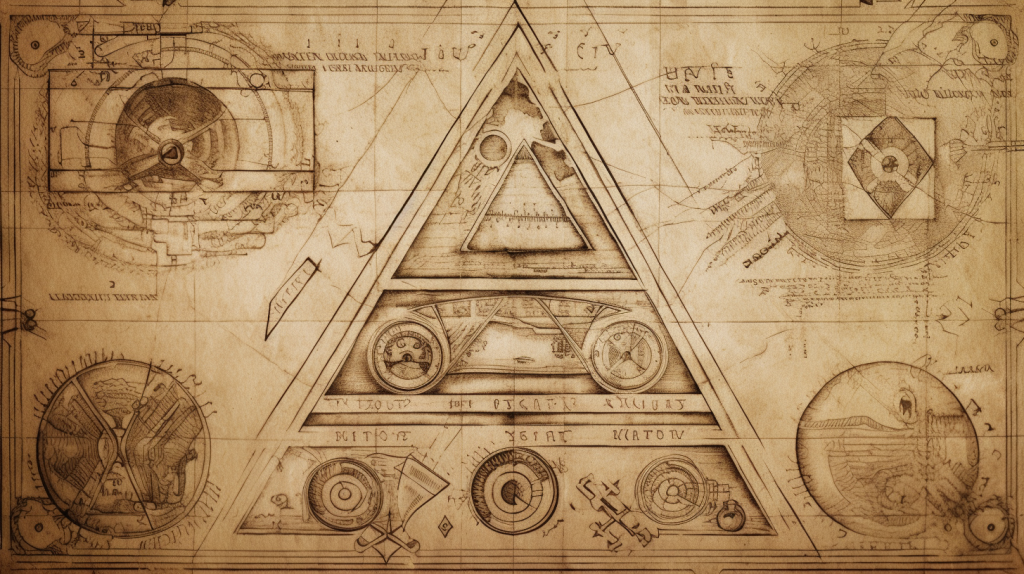
In summary, the New World Order conspiracy theory has deep historical roots and has evolved over time to encompass various organizations, individuals, and events. While the idea of a secret cabal working toward global domination is both intriguing and frightening, critics argue that it is largely based on unfounded fears and a misunderstanding of global politics. Nonetheless, the NWO conspiracy theory remains an enduring and influential aspect of contemporary culture, shaping public perceptions and fueling debate on the nature of power and control in the modern world.

